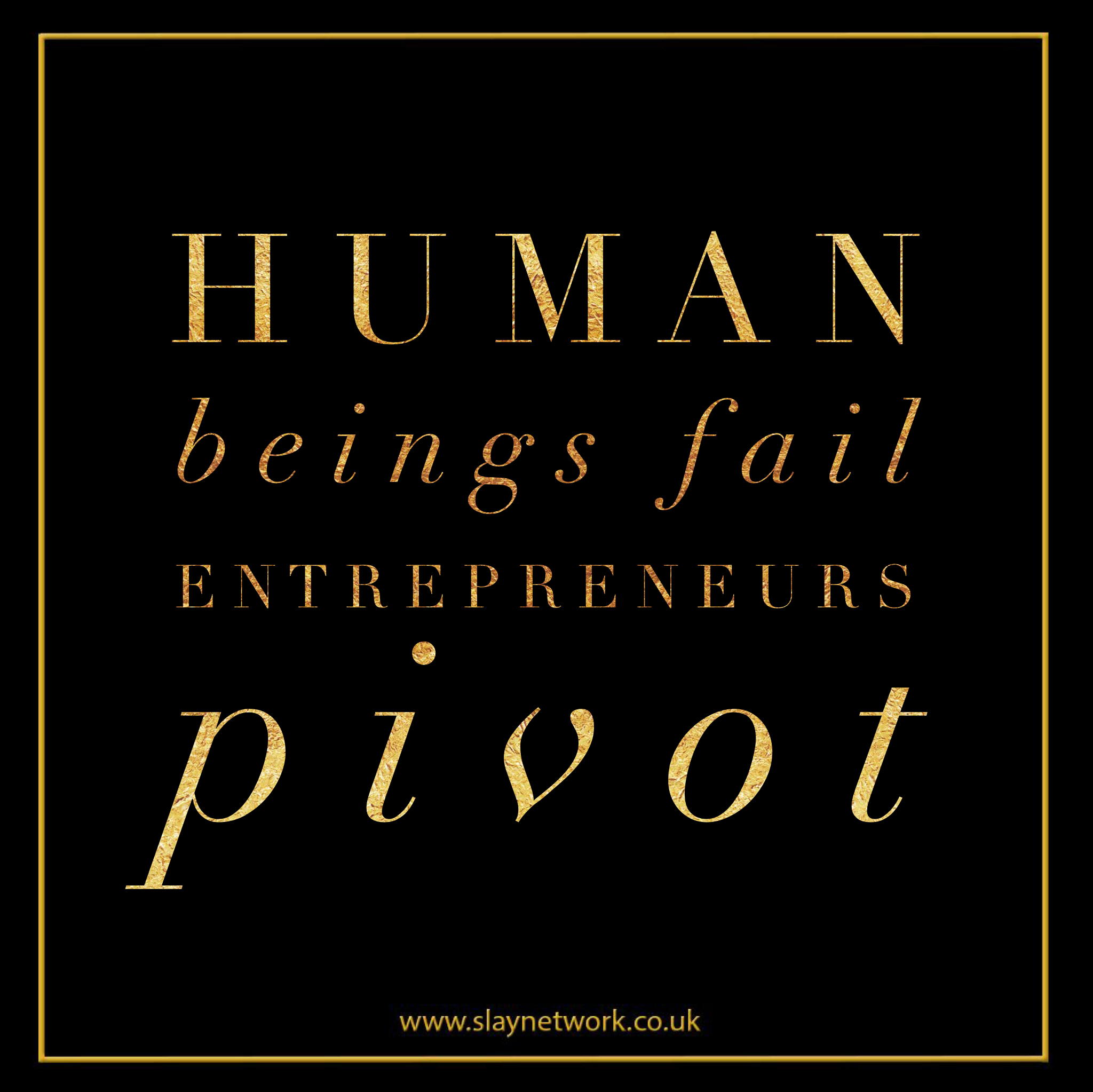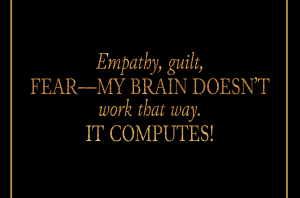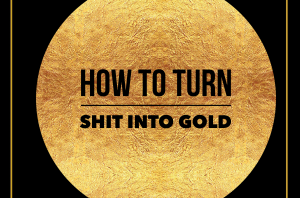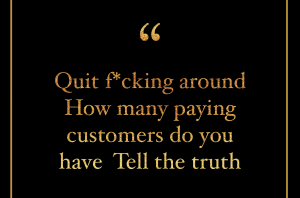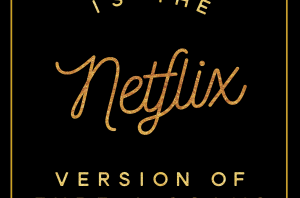Failure – we all come in contact with it. And more often than not, we dread even entertaining the idea of failing. As a society, we see failure to be detrimental to our success. Ever since we are young, we are taught to avoid failure. In school, we aim to get As, so that we can get into a good university or get a good job offer after college. We avoid getting an ‘F’ like the plague because that would mean we failed at something. As a matter of fact, in the letter grading system, F is the only letter grade which corresponds to the first letter of what it stands for: failure. In this subtle way, the idea that failure is not good for us becomes embedded in our mind and we try to avoid it. Instead of seeing failure as a natural part of life, we see it as very negative.
Two world-renowned psychologists, Daniel Kahneman and Amos Tversky, who won the Nobel Prize for their work,
explain why we are so averse to failure. What they found is that effect of loss is twice as great as the gain from a win. This astounding conclusion indicates the great negative impact a loss has on us as individuals, which is much greater than the impact of a win. Thus, it explains why we as humans would go at lengths to avoid a loss or a failure.
What is interesting is that the two tech giants of our century, both of whom are worth billions of dollars, have a very different mindset to failure: they are tolerant of it and embrace it. Both Jack Ma and Jeff Bezos believe that it is okay to fail and that failure is part of the process. Ma has always been very vocal about failure, and most recently, in an interview at the World Economic Forum, he has recounted his failures, such as: not getting a job in KFC, when 24 people applied and 23 got it. Or not getting a job as a server in a hotel, when his cousin did. Or not being able to get into Harvard, while he applied 10 times. He explains that all of these failures prepared him for the path he took on as a CEO.
Jeff Bezos, on the other hand, emphasizes that being tolerant of failure is a big part of the culture at Amazon and is responsible for its big successes. In a piece compiled by Business Insider, Bezos states that if you do not innovate then, then you are leaving a lot on the table. In a letter to shareholders, he said “Failure comes part and parcel with invention. It’s not optional. We understand that and believe in failing early and iterating until we get it right.”
What this teaches us, is that although failure can be painful and although we as people we have developed an aversion to it, it actually can allow us to unlock great potential. But in order to do so, we have to change our mindset on failure. Instead of seeing as something detrimental to success, we have to see it as a tool for success, a tool that helps us refine our path and allows us to learn what works and what does not. In such a way, we can see it as a normal part of the innovation of our own lives, not as something detrimental to life.
By Forbes

